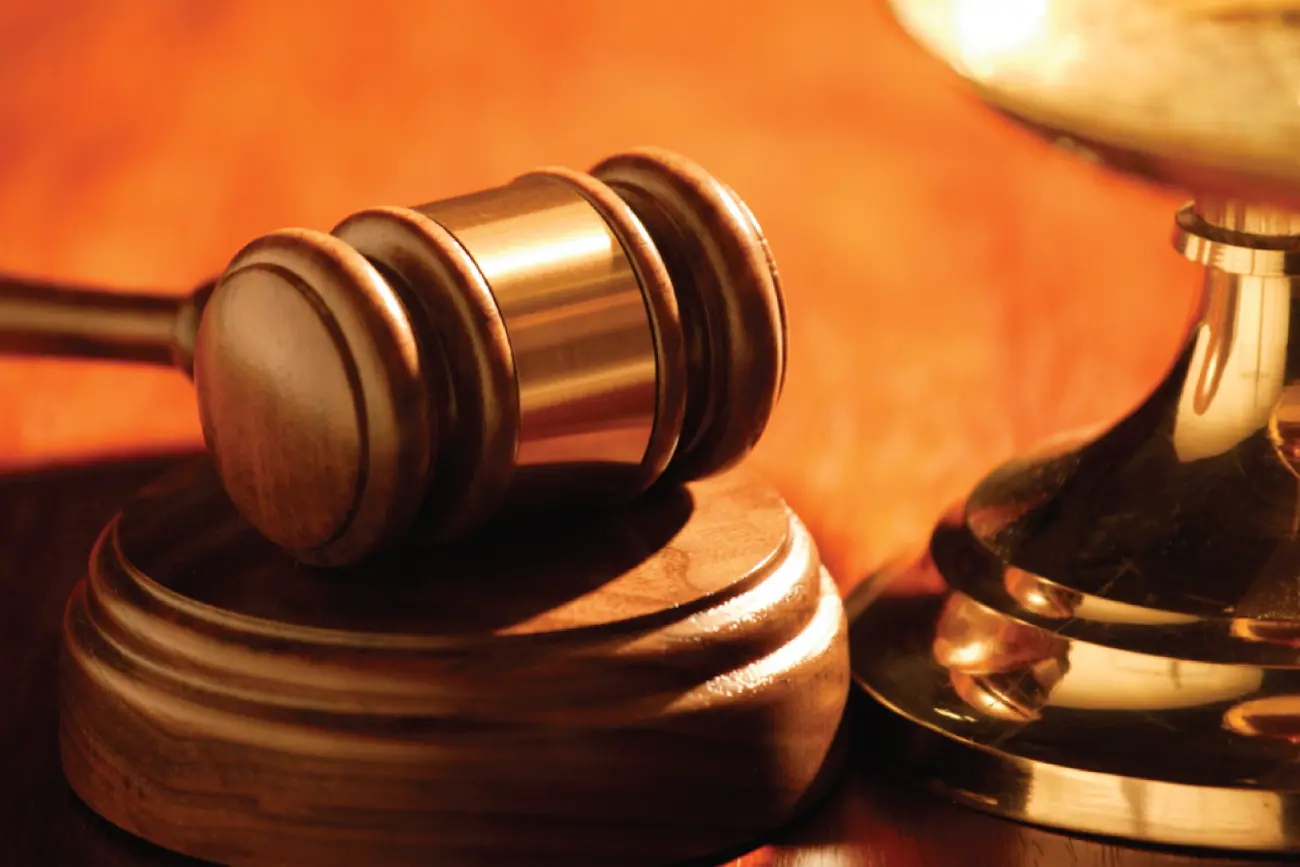
LILONGWE, May 21 (IPS) – Rejecting the argument that the arrest and trial of Steven Monjeza and Tiwonge Chimbalanga amounted to a violation of their rights to freedom of concsience and expression as protected by Malawi’s constitution, Blantyre chief resident magistrate Nyakwawa Usiwa Usiwa sentenced the two men to 14 years hard labour for “unnatural acts” and “gross indecency”.
The magistrate said he was giving the gay couple the maximum sentence permitted under the country’s colonial-era penal code because he wanted to protect Malawians and their children from homosexuality.
“I will give you a scaring (sic) sentence so that the public should be protected from people like you, so that we are not tempted to emulate this horrendous example.”
According to the court, the two were convicted based on “their own confession” to police that they had anal sex, for living together as man and wife and for organising the traditional engagement, which under Malawian law is equivalent to a civil marriage ceremony.
“This was against the order of nature,” said Usiwa Usiwa. The magistrate said he allowed the confessions in court as they were made in the presence of counsel.
“These laws are inconsistent with the constitution,” defence lawyer Noel Supedi told the court during trial, arguing that there must be a constitutional review of the laws in the penal code that criminalise homosexuality.
Another member of the defence team, Mauya Msuku, requested leniency in sentencing, telling the magistrate that the couple were first offenders who had already been punished. But state prosecutor Barbra Mchenga argued that the two have left a “scar on morality” in the country and deserved to be punished heavily as they seemed to be proud of being gay.
Sentenced in line with prejudice
Undule Mwakasungula, a leading human rights activist in Malawi, told IPS that the couple had been “condemned and prejudged at the highest level” long before the court made its ruling. He described the sentence as “something sad but to be expected”.
The minister of information, Leckford Mwanza Thotho, declared to local media immediately following the couple’s arrest in December that they had broken the law.
“Our laws are very clear. We do not tolerate homosexuality in this country and these two have to undergo court process and be brought to book,” Thotho said.
Following their conviction on May 18, he said, “The court ruling reflects our tradition in Malawi. Every country has its traditions which should be upheld at all times. The court has shown that we are not losing our tradition beliefs,” he said.
Malawi’s president, Bingu wa Mutharika, had also condemned the couple before their conviction.
“A man getting married to a fellow man is evil and bad before the eyes of God. There are certain things we Malawians just don’t do,” Mutharika told a gathering of Christians at the consecration of a new Catholic bishop on Apr. 24.
“Please, pray for the country to go back to the good old days,” Mutharika asked the faithful.
Where is the Constitution?
Yet article 20 of Malawi’s Constitution, the supreme law of the land which Mutharika is sworn to uphold, states that “discrimination of persons in any form is prohibited and all persons are, under any law, guaranteed equal and effective protection against discrimination on grounds of race, colour, sex, language, religion, political or other opinion, nationality, ethnic or social origin, disability, property, birth or other status”.
Chapter four of the constitution also demands that human rights and freedoms shall be respected and upheld by the executive – the president and his cabinet, the legislature and the judiciary and all organs of the government.
Gift Trapence is the executive director of the Centre for the Development of People (CEDEP), a civil society group that works to promote a legal and social environment for groups including gays and lesbians in Malawi.
“I feel the people involved in this matter are not getting the justice they deserve. Where are people’s human rights?”
International condemnation continues
The U.S. and UK governments, Malawi’s biggest sources of donor aid, have issued stern statements against the harsh jail sentences, calling on Malawi to take all the necessary measures to ensure that sexual orientation or gender identity should not be the basis for criminal prosecution, in particular executions, arrests or detention.
A joint statement against the sentence was also issued by the AIDS and Rights Alliance for Southern Africa, Southern Africa Litigation Centre, CEDEP and the Centre for Human Rights and Rehabilitation.
“We are seeing a troubling trend throughout Africa of authorities using homosexuality as a political weapon to stifle dissent. The attacks on homosexuality from political leaders are less about personal values and more about politics and power,” said Priti Patel, programme manager at the Southern Africa Litigation Centre (SALC).
Michaela Clayton, director of the Namibian-based AIDS and Rights Alliance for Southern Africa (ARASA), described what the conviction and sentencing of Chimbalanga and Monjeza as “an abhorrent violation of their human rights”.
“Governments do not get to choose who may enjoy human rights and who may not,” she said.
“Every human being, regardless of sexual orientation is entitled to the right to liberty, human dignity, freedom, security and to be free from discrimination on all grounds.”



